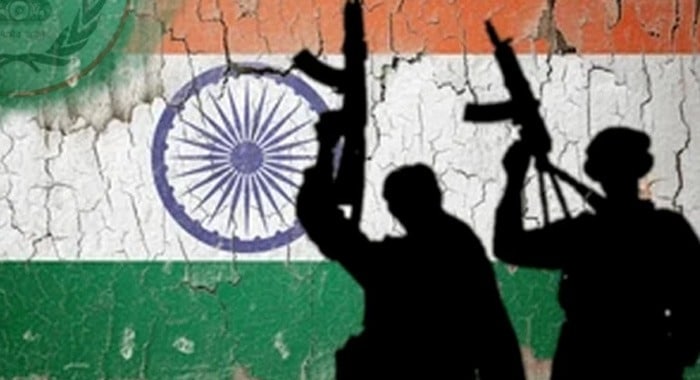The deadly April 22 attack in Pahalgam is being widely interpreted by analysts as yet another example of India’s long and controversial history of false flag operations, strategically staged to deflect attention from domestic issues and frame Pakistan without evidence.
Sources claim this incident fits a well-worn script of hybrid warfare, with a key aim being to tarnish Pakistan’s global image. The attack’s timing—coinciding with the U.S. Vice President’s visit to India—has raised suspicions that it was orchestrated to sway international opinion and link Pakistan with terrorism.
Historically, India has repeatedly blamed Pakistan for attacks without concrete proof, many of which were later exposed as internally driven. In 2007, the Samjhauta Express bombing killed 68 people and was initially blamed on Pakistan. But investigations revealed the involvement of Hindu extremists, including an Indian Army officer, Major Ramesh.
The 2008 Mumbai attacks were also weaponized diplomatically against Pakistan. However, in 2013, former CBI officer Satish Verma revealed that the attacks were part of an internal plot to push anti-terror laws.
In 2018, an attack on tourists in Kerala was reportedly staged just before key state elections to create a fear narrative. The 2019 Pulwama attack, which claimed the lives of 40 Indian soldiers, was blamed on Pakistan within hours, despite lacking evidence. Later, a former governor of Jammu and Kashmir disclosed irregularities suggesting internal complicity.
In 2023, five Indian soldiers were killed in Rajouri, with the blame again placed on Pakistan. Experts now believe the attack served to reinforce the BJP’s anti-Muslim, anti-Pakistan rhetoric.
Defence analysts question how such attacks can occur in Indian-occupied Kashmir, where nearly 700,000 Indian troops are stationed—creating one of the most militarised zones in the world. “With such an intense security presence, how do attackers continue to slip through? The logical conclusion points to internal orchestration,” said one expert.
The Pahalgam incident is thus being seen as another calculated move in India’s “hybrid war” strategy. Analysts urge international bodies to look beyond the headlines and investigate the underlying political motives behind these recurring attacks.





